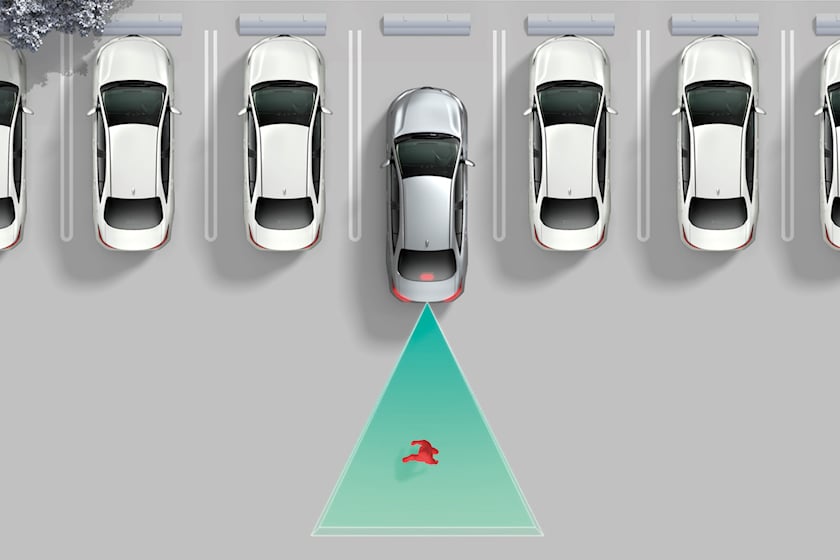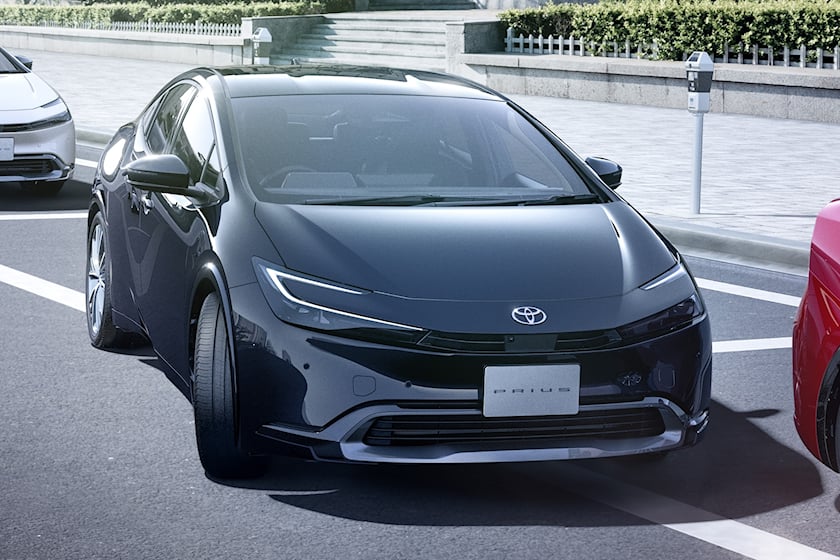We often think of cars as products to be bought and replaced over time: clearly Toyota has a different future in mind. A future where, instead of throwing away the old car and buying a new one, we simply upgrade to the one we have. A bit like you do with an operating system.
Constant updating
The news comes directly from Toyota headquarters. The Japanese company has announced that it has started an after-sales update service for new cars, starting with the Prius. The service will be part of a program called Kinto Factory and for the moment it will allow you to add safety devices and functions that were not available before, such as advanced parking. Other "pluses" that can be obtained with the upgrade are blind spot monitoring, a panoramic monitor, rear pedestrian detection and a steering wheel heater, even if these functions were not selected at the time of signing the contract.
Toyota basically started building cars with the idea of updating the hardware long after the sale. This means that you will be able to have the latest technology in your car, even if you purchased it years ago. A way to find yourself with a 1.0, 1.1, 1.2 car and so on (with small progressive upgrades or with some sort of subscription) until a completely different version comes out.

Subscription car
But how does Toyota make it possible to upgrade older cars with newer technology? Well, it will all start long before the car goes on sale. The technicians will design the systems in advance and from a modular perspective (in web terms I would say almost "responsive") so as to be able to significantly reduce the time needed for updates.
This is to say that logic promises to change many market rules. bringing the car closer to models closer to information technology and the subscription economy.
The service, launched on January 1, 2022, is currently only available in Japan and only for the Prius, but Toyota will expand its upgrade options and available models, to “allow customers to continue driving their beloved cars for many years to come.”
Hoping that they don't "escape" returning to the parent company when there are delays in payments, as in this chilling Ford patent.


